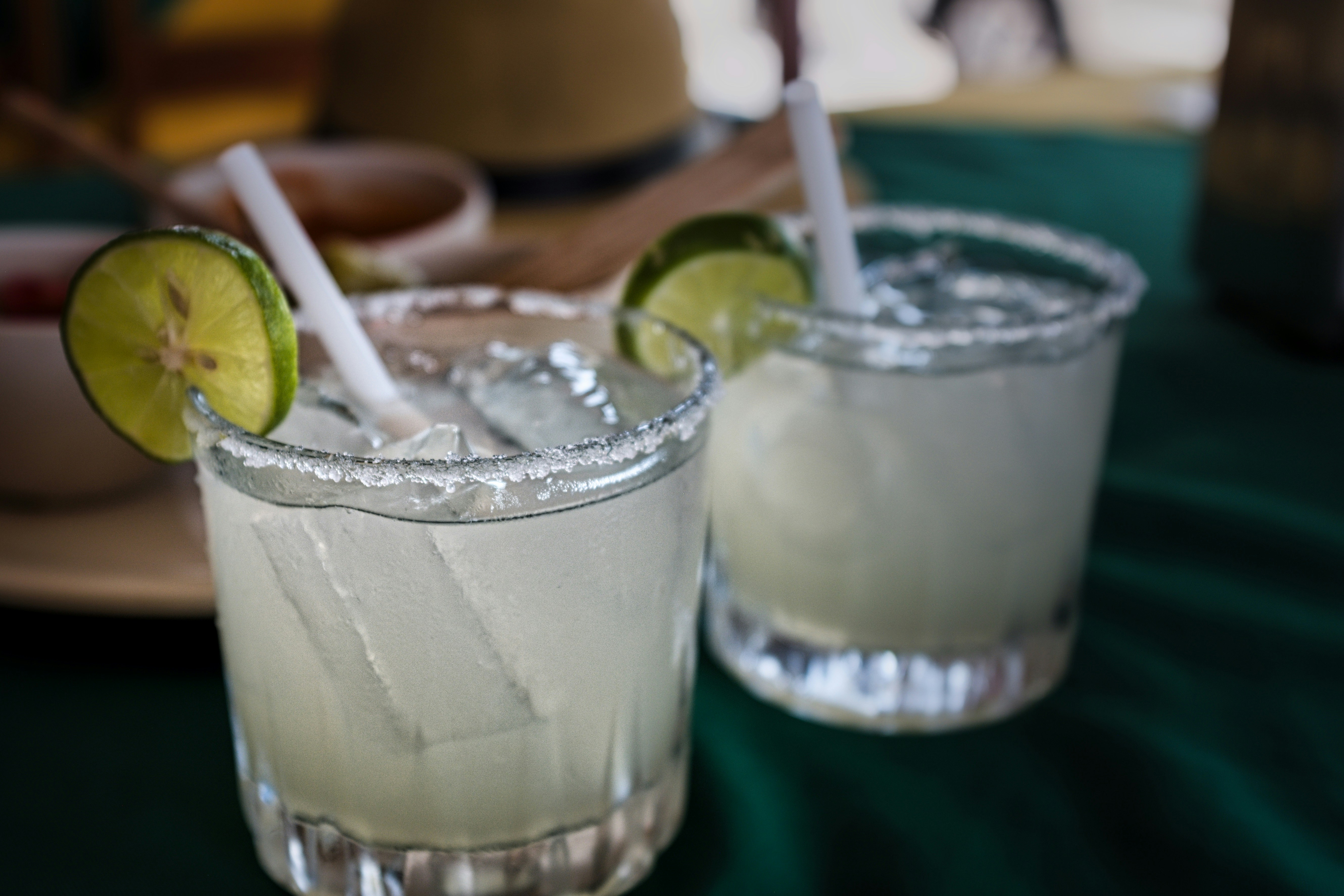A Deep Dive into the Intricacies of Malaysian Cuisine
Malaysian cuisine is a potent blend of diverse cultures, offering an unparalleled gastronomic adventure that continues to evolve. This article delves into the intricacies of Malaysian cuisine, exploring its unique dishes, ingredients, and cooking methods that make it such a culinary delight.

The Melting Pot of Flavors and Cultures
At the heart of Malaysian cuisine are the influences of several cultures, including Malay, Chinese, Indian, and indigenous groups. This multicultural fusion has resulted in a cuisine that is as diverse as it is delicious. From the spicy heat of sambal to the fragrant richness of rendang, Malaysian food is a veritable symphony of flavors that is sure to tantalize your taste buds.
Signature Dishes of Malaysian Cuisine
Malaysia’s dishes are a testament to its cultural diversity. Nasi lemak, the unofficial national dish, exemplifies this with its fragrant rice cooked in coconut milk, accompanied by a variety of sides including spicy sambal, hard-boiled eggs, fried anchovies, and cucumber slices. Another beloved dish is laksa, a spicy noodle soup with a rich and tangy broth.
Ingredients that Define Malaysian Cuisine
Malaysian cuisine is characterized by its bold and vibrant flavors, thanks to a medley of herbs and spices. Turmeric, lemongrass, kaffir lime leaves, and galangal are some of the key ingredients, while belacan (fermented shrimp paste) and tamarind add depth and complexity to the dishes.
The Art of Malaysian Street Food
Street food plays a significant role in Malaysian food culture. Hawker centers and street stalls are culinary hotspots, offering a plethora of dishes such as char kway teow (stir-fried ricecake strips), satay (grilled skewered meat), and rojak (fruit and vegetable salad).
Innovative Trends in Malaysian Cuisine
Modern Malaysian cuisine is not just about traditional dishes; there’s a wave of culinary innovation that’s making waves. Chefs are pushing boundaries, experimenting with local ingredients and flavors to create contemporary interpretations of classic dishes.
Malaysian Cuisine Quick Bites
-
Despite its multicultural influences, Malaysian cuisine has a distinct identity and flavor profile.
-
Staple ingredients include rice, noodles, coconut milk, and a variety of herbs and spices.
-
Street food is an integral part of Malaysian food culture, offering a diverse range of dishes.
-
Contemporary trends are breathing new life into traditional Malaysian cuisine.
In conclusion, Malaysian cuisine offers a diverse and exciting culinary experience. Its fusion of flavors, innovative dishes, and respect for tradition make it a gastronomic gem worth exploring. So next time you’re in the mood for a culinary adventure, take a deep dive into Malaysian cuisine - you won’t be disappointed.




